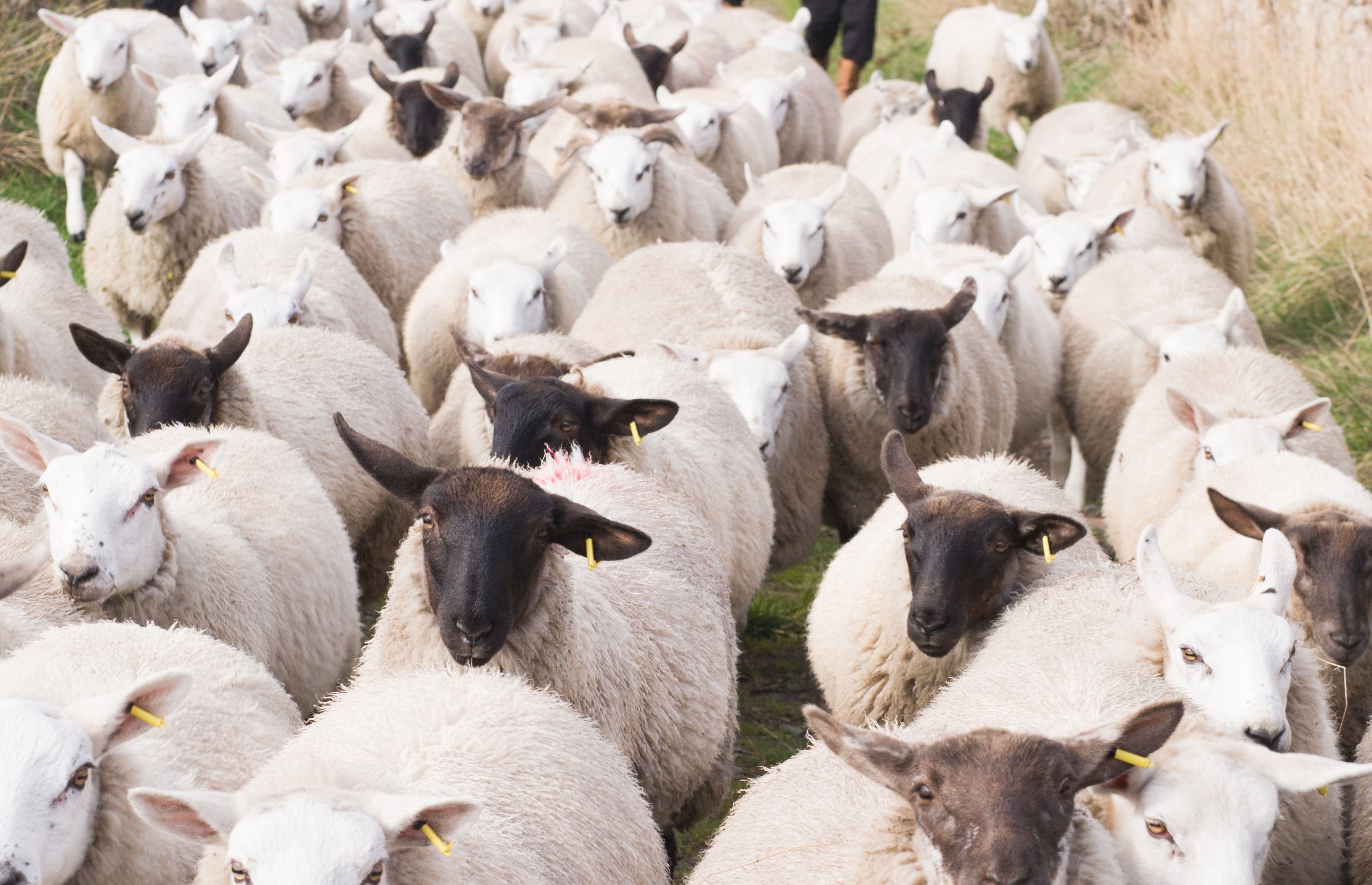Be alert for autumn nematodirosis

Look out for autumn nematodirosis
In the last week Dumfries have diagnosed nematodirosis in lambs from two flocks. In both cases many thousands of Nematodirus battus worms were recovered from the small intestines. Scour and deaths due to nematodirosis are usually considered to be a problem of late spring and early summer, so may not be high on your differential list at this time of year. Autumn nematodirosis is not new, having first been reported in 1983, but may be increasing in incidence.
Indeed, results from research work carried out at Moredun have shown that on some farms, all Nematodirus eggs still required a ‘chill’ in order to hatch but, on others, the need for chilling was mixed, with up to 87% of Nematodirus eggs able to hatch without prior chilling. This means that a large number of eggs may hatch at different times of the year.
Nematodirus battus worms are sensitive to UV light and larval numbers fall rapidly in the first month after hatching. The good summer weather this year suggests that the high burdens in the cases we have been seeing are likely to be the result of a recent hatch. Additionally, the affected lambs must have been naïve, having had little or no exposure to N battus earlier in the year.
Fields where these scouring lambs have grazed will be high risk for nematodirosis in the future. It is believed that eggs passed in the autumn won’t hatch the following spring as winter temperatures are too cold for development to the L3 stage. Instead, they will hatch in either 12 or 18 months – autumn 2022 or spring 2023 in these cases.
When selecting an anthelmintic consider that concurrent infection with other worm species such as Teladorsagia or Trichostrongylus spp. will be common at this time of year, and that benzimidazole resistant N battus have been identified.
We have seen a few worm egg counts with Nematodirus eggs come through for the Highlands and Islands region but are not aware of any outbreaks. We would be interested to hear of any local outbreaks.
Posted by SRUC Veterinary Services on 27/09/2021
